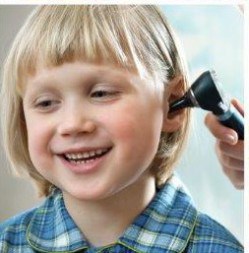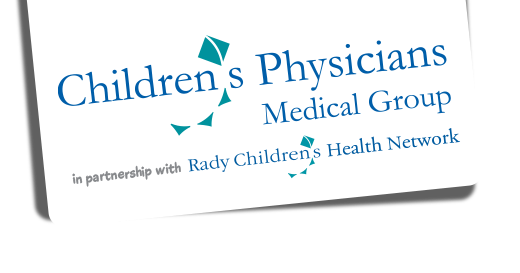
Once school is back in session it’s not hard to imagine that germs are soon to follow. Kids pass cold, flu and other viruses or bacteria to each other along with the papers and pencils they are sharing. They will sit in class and put their fingers or pencil tips up to their mouths and boom, they are sick. Colds can be so prominent in the winter that some kids are rarely completely well for an extended period of time. That doesn’t mean they should be missing a ton of school. So who should stay home from school and who should go?
Things to consider:
- How does your child look and feel?
- Will your child be able to concentrate?
- Is your child likely to pass something to their friends?
- What are the rules at school?
#1 and #2 How does your child look to you and how do you think he/she will do in school?
One thing to consider if your child wakes up sick is are they well enough to go to school, participate and learn?
- Does he/she have a mild cold? If your child is active, without fever and is able to eat and drink, he/she can most likely go to school. Even with a mild runny nose or cough.
- Does your child have a high fever or vomiting? Children who feel weak, have fevers or who are at risk for dehydration due to vomiting and diarrhea are much better off at home. Not to mention the contagiousness issue which I will address next.
- Is your child at risk for getting worse during the day? This is a hard one because you never know how a mild complaint plays out. However, if you are giving pain, fever or cold medicine to mask symptoms, there is a high likelihood you will be getting a call from the school nurse later in the day.
- Does your child seem alert? Kids who are run down or fatigued, even from a mild cold, are not likely to be productive at school. If they aren’t sleeping well at night and can’t seem to keep their head up in the morning, they would probably benefit from a day in bed.
You know your child best and if they don’t seem like themselves, keep them home.
# 3 Is your child contagious?
Most viral illnesses are contagious prior to the start of symptoms and then for the first 3-4 days of illness. Therefore, your child is likely spreading the virus even before you are considering whether or not they should stay home. By the time they are having thick green snot and a nasty cough, they are more likely experiencing the effects of fighting the virus and no longer contagious. For minor colds, if your child meets the “can go to school” criteria above, they should go. However, certain infections are contagious until properly treated.
- Strep throat Kids with strep should stay home for the first 24 hours that they are on antibiotics. Beyond that, refer to #1-2. Kids with strep may not be able to eat and drink well which may be a good reason to keep them home so they can rest and hydrate.
- Conjunctivitis (pink eye) Kids with pink eye should stay home for the first 24 hours of using drops. While pink eye is not dangerous and is usually self-limited, it spreads like wildfire and can take out a whole classroom if not kept in check.
- Influenza (the flu) Kids with the flu often feel so bad that there is no way they can attend school. However, once they are feeling better, fever free without medication and staying hydrated, they can return. This is regardless of whether or not they are on Tamiflu. The best way to prevent the flu is to get your yearly flu shot prior to the start of flu season.
- Whooping cough Unfortunately, most kids are coughing and spreading whooping cough prior to diagnosis. However, to further prevent spread once a diagnosis is made, kids should stay home for the entire 5 day course of treatment.
- Acute Gastroenteritis (stomach “flu”) Viruses that cause vomiting and diarrhea are spread through the vomit and diarrhea. Therefore, kids with gastroenteritis should be home until these symptoms resolve. Furthermore, they are at high risk of dehydration so #1 & 2 will be keeping them home anyway.
Of note, the American Academy of Pediatrics no longer recommends keeping kids home from school due to lice.
#4 What does the school say?
Regardless of recommendations from the pediatrician, many schools have rules about who can be in school. Check with your school or daycare to find out what their rules are. Many recommend children be fever free for 24 hours without medication prior to returning. Furthermore, many will follow the rules as stated above with regards to antibiotic use and school return. If your child gets sick in school and needs to be sent home, the school should be clear about when they can return. Often times a note from the pediatrician will be required.
If you have any questions about your child’s symptoms or whether or not they should be in school, call your pediatrician.
Find more of my blog posts HERE.








Leave a Reply